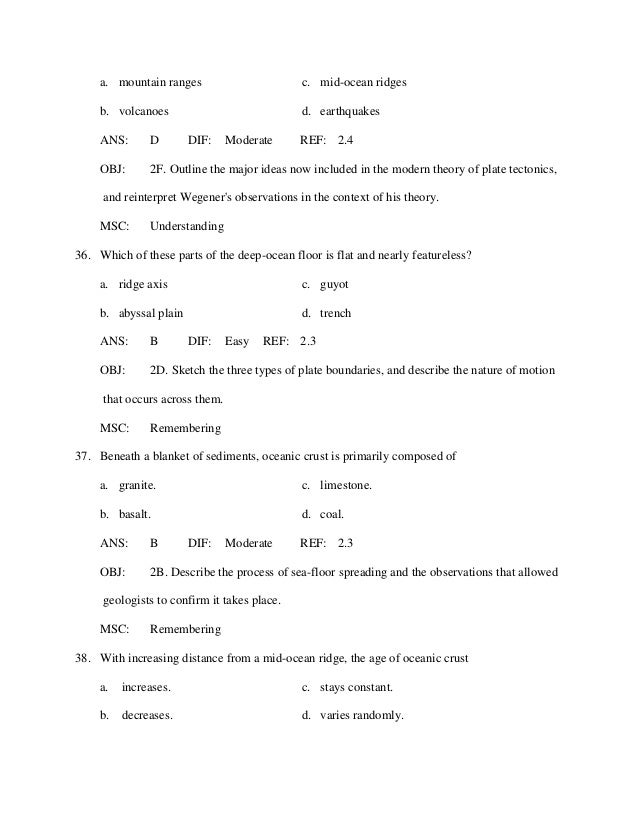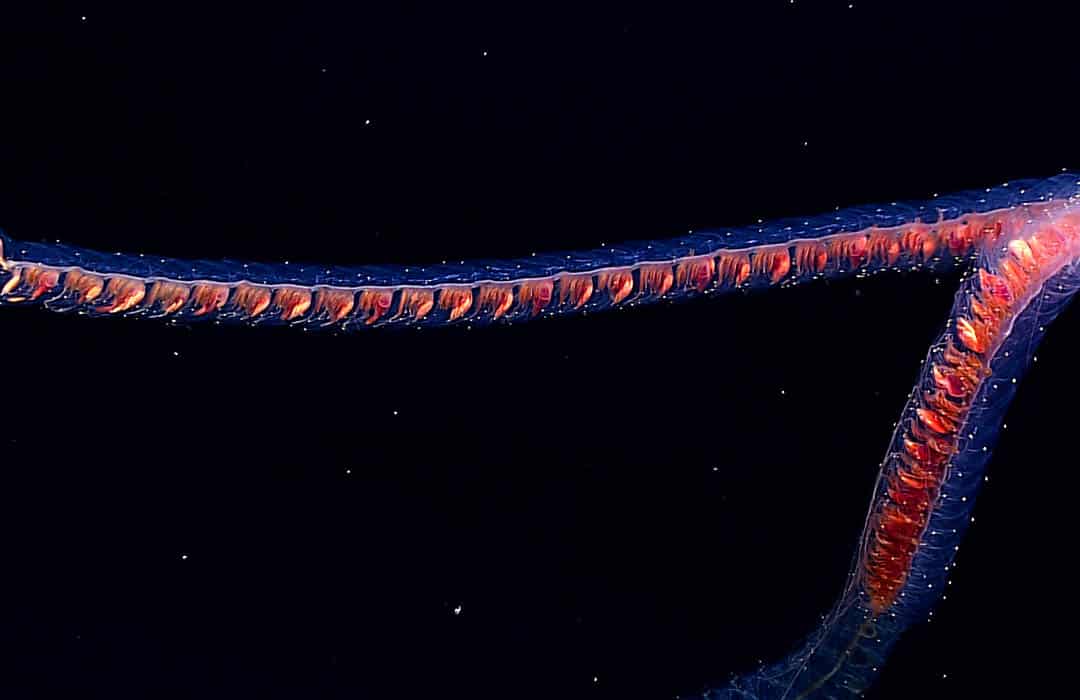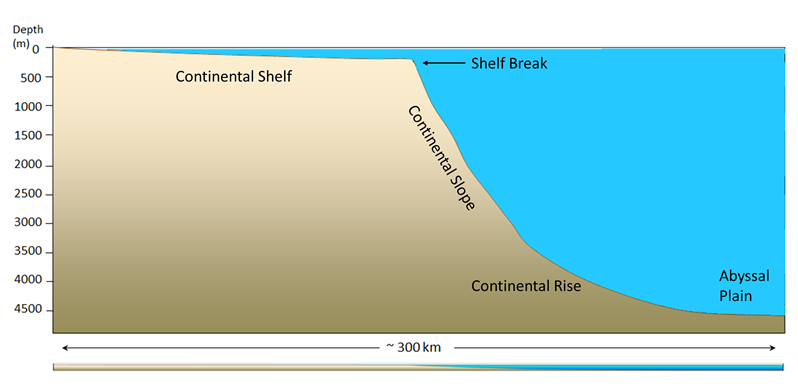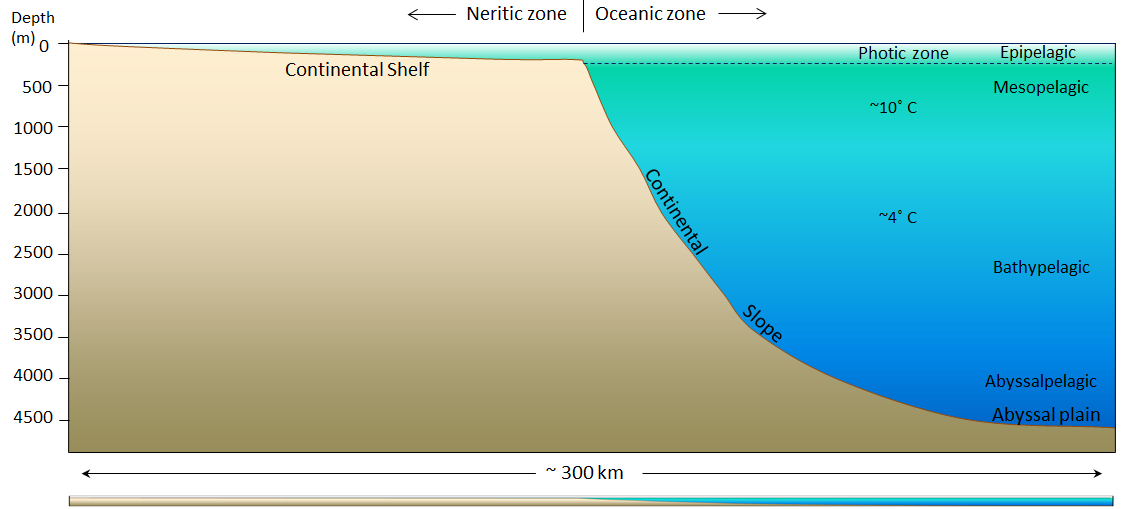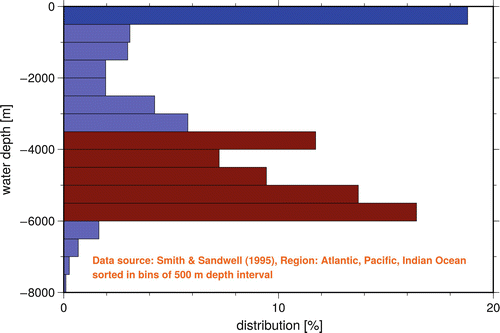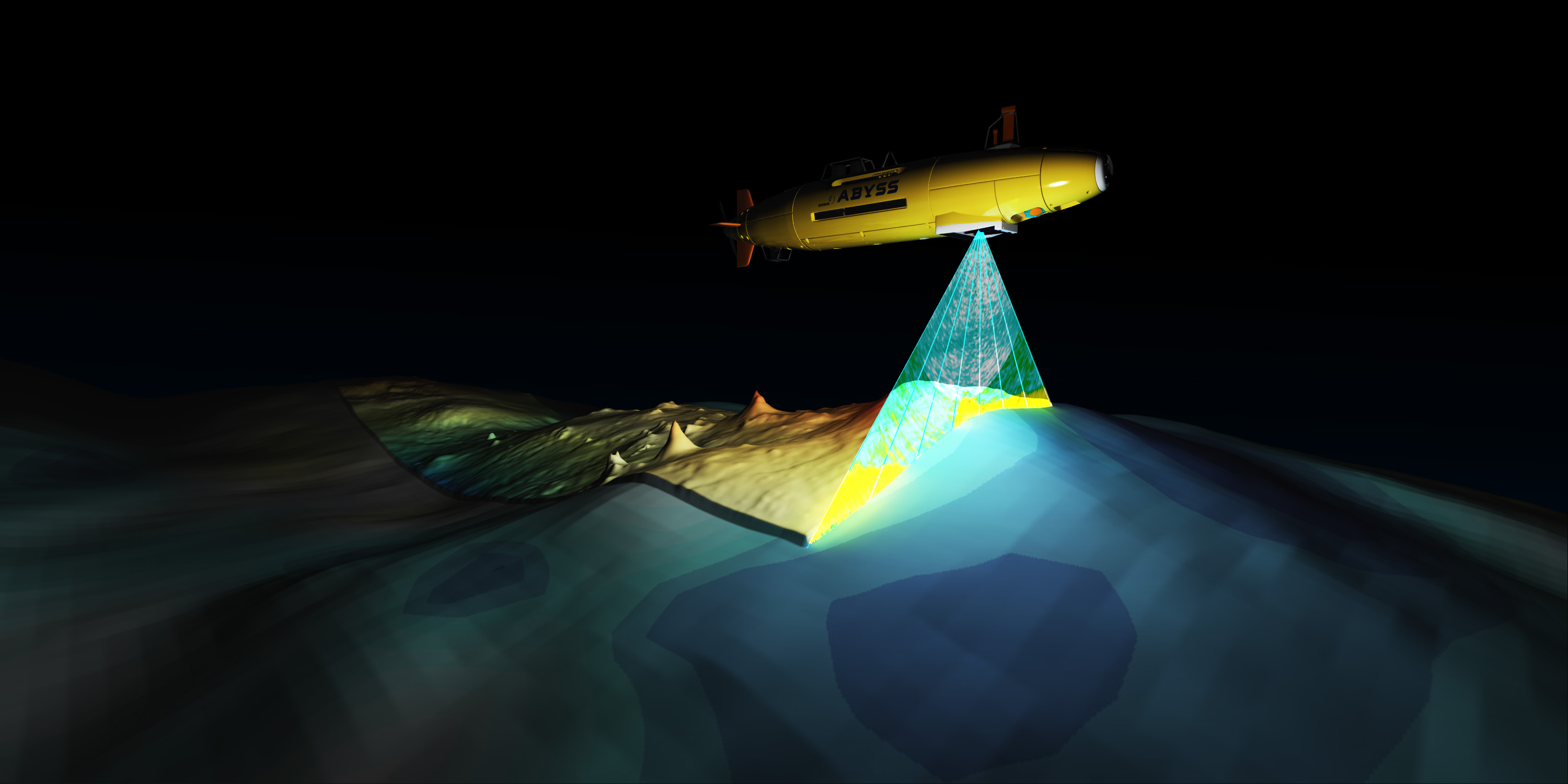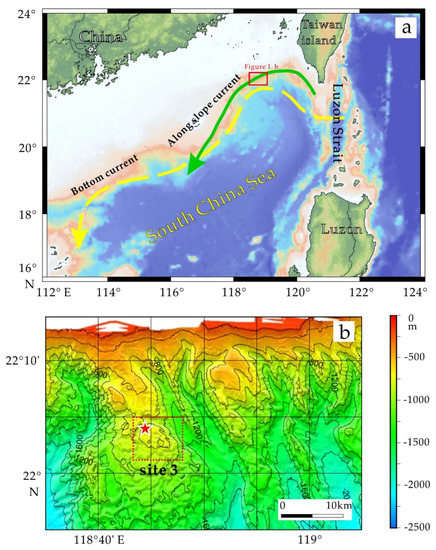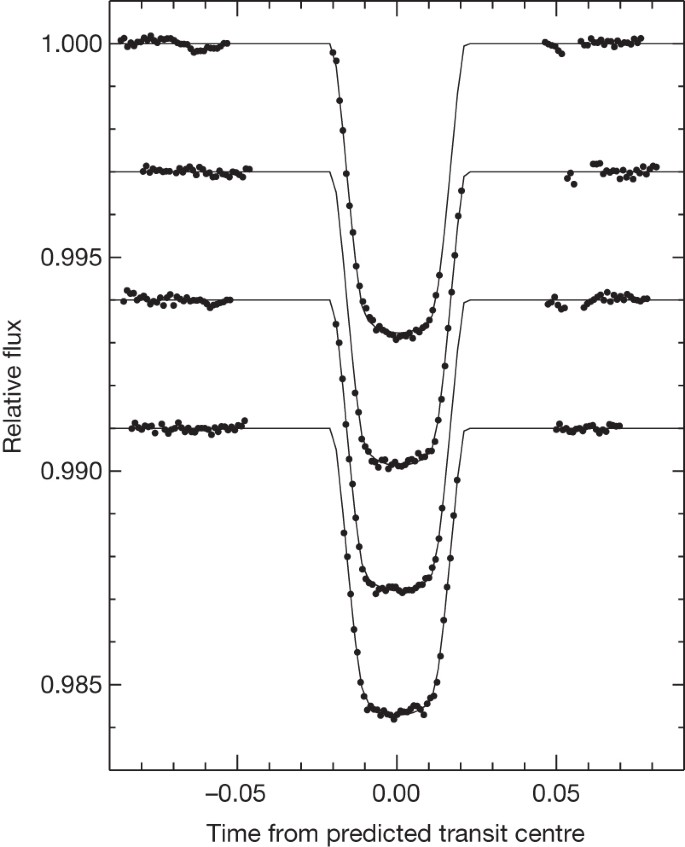The Deep Ocean Floor Is Flat And Narly Featureless

The ocean floor has topography as varied as dry land does.
The deep ocean floor is flat and narly featureless. At depths of over 10 000 feet and covering 70 of the ocean floor abyssal plains are the largest habitat on earth. The smooth flat regions that make up 40 of the ocean floor are the abyssal plain. Correct which of these parts of the deep ocean floor is flat and nearly featureless. The primary difference between lithospheric and asthenospheric mantle is.
But despite their name these plains are not uniformly flat. Look at figure 14 23. The deep ocean floor is flat and nearly featureless. Sunlight does not penetrate to the sea floor making these deep dark ecosystems less productive than those along the continental shelf.
Rates of sea floor spreading are equal to sea floor consumption. None of the above are correct. Abyssal plain question 11 1 out of 1 points correct at transform plate boundaries. Temperature the lithosphere is cooler than the asthenosphere.
A geologist aboard a deep sea research vessel has collected several drill cores of oceanic crust from the bottom of the ocean. The deep ocean floor is flat and nearly featureless. Both a and b are correct. Along constructive divergent plate boundaries.
The cores are collected in order from east to west along the bottom of the basin and are labeled a1 b1 c1 and d1 respectively. Core a1 has 2 88 meters m of clay and siliceous ooze covering 4 86 m of pillow basalt. This is where the new ocean floor comes from. Click card to see definition.
The highest mountain in the world in terms of distance from base to peak is in the ocean. Plates slip past each other. If you follow the ocean floor out from the beach at the top left the seafloor gently slopes along the continental shelf. The deep ocean floor is flat and nearly featureless.
The sea floor then drops off steeply along the continental slope the true edge of the continent.
